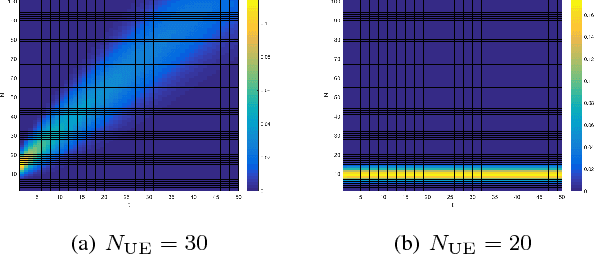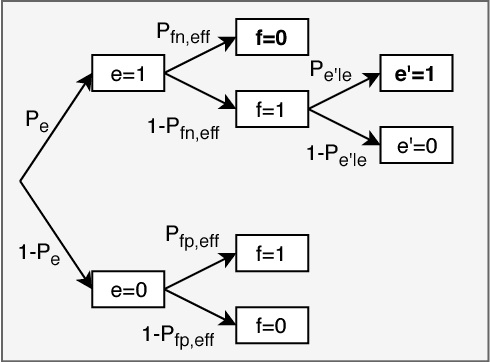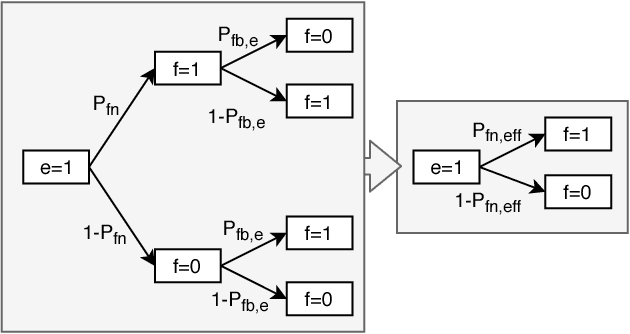Enhanced Machine Learning Techniques for Early HARQ Feedback Prediction in 5G
Paper and Code
Jul 27, 2018



We investigate Early Hybrid Automatic Repeat reQuest (E-HARQ) feedback schemes enhanced by Machine Learning techniques as possible path towards ultra-reliable and low-latency communication (URLLC). To this end we propose Machine Learning methods to predict the outcome of the decoding process ahead of the end of the transmission. We discuss different input features and classification algorithms ranging from traditional methods to newly developed supervised autoencoders and their prospects of reaching effective block error rates of $10^{-5}$ that are required for URLLC with only small latency overhead. We provide realistic performance estimates in a system model incorporating scheduling effects to demonstrate the feasibility of E-HARQ across different signal-to-noise ratios, subcode lengths, channel conditions and system loads.
 Add to Chrome
Add to Chrome Add to Firefox
Add to Firefox Add to Edge
Add to Edge